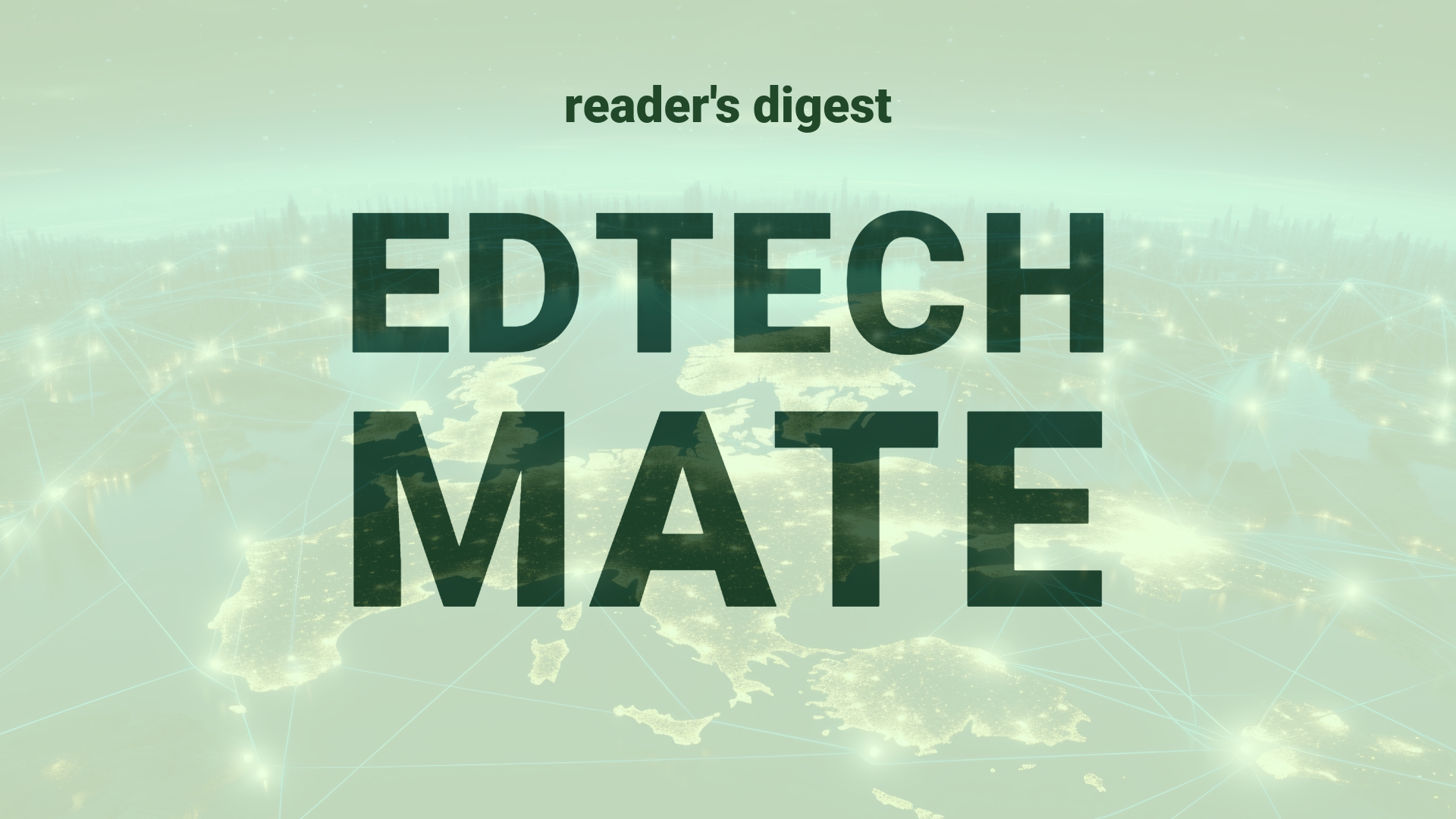Executive Summary and Main Points
Recent insights from Harvard Business School’s Professor Willy Shih illuminate critical strategic questions relevant to global production dynamics. Through a case study centered on China-based Fuyao Glass, Shih lends expert perspectives on choosing production locations in the global economy, considering factors like cost targets, shipping expenses, inventory management, and potential risks such as customs delays and labor strikes. Key themes include cross-cultural management, global strategy, operations, and supply chain intricacies, emphasizing the complex decisions that international education and digital transformation sectors face today.
Potential Impact in the Education Sector
The considerations detailed by Professor Shih can have profound implications for Further Education, Higher Education, and Micro-credentials. Strategic partnerships in educational technology may leverage production location choices to minimize costs while ensuring speed and efficiency in delivering educational resources. Digitalization can play a significant role in managing cross-border education services, optimizing physical and digital supply chains, and mitigating risks associated with global operations.
Potential Applicability in the Education Sector
Innovative applications of AI and digital tools based on Shih’s analysis could optimize the global education systems’ operations. For instance, AI could be used to simulate various production location scenarios, aiding in strategic decision-making. Digital platforms could streamline the distribution of digital micro-credentials internationally, considering factors like regional regulations and cultural differences in educational consumption.
Criticism and Potential Shortfalls
While the principles outlined provide a strategic framework, they may not account for specific educational contexts or the unpredictability of technological disruption. Real-world comparative case studies may demonstrate different outcomes due to diverse regulatory environments and educational cultures. Furthermore, ethical considerations, such as data privacy in digital education tools, must be considered alongside operational efficiency.
Actionable Recommendations
International education leaders can benefit from these insights by conducting thorough risk assessments for digital resource locations, optimizing online learning platforms based on global supply chain methodologies, and fostering partnerships to facilitate the digital transformation in education. Continuous monitoring of evolving dynamics in international regulations and technological advancements should guide the strategic deployment of education technologies.
Source article: https://hbr.org/podcast/2024/05/ask-these-questions-before-choosing-a-manufacturing-location

